Build Your Intellect
“We cannot know the exact pressures we will face in the future. So what we need is a box of diverse tools that can be used and combined in almost a limitless number of ways to meet the challenges we face. Some of these pieces will never have any use, and some will be complete game changers. But no one can divine this ahead of time. Survival of a business often depends on being able to change quickly. You can’t do that if you have to start from a blank slate every time environmental pressures push you to develop and innovate.”
- Farnam Street, The Great Mental Models Volume 2
There is so much to be gained by growing your intellect, from living longer (research study -> here) to practical benefits that impact all areas of life. One’s performance at work, regardless of profession, can benefit from having at least a general level of knowledge across a wide range of topics. In David C. Baker’s Secret Tradecraft of Elite Advisors, the author states:
"One of the things that impactful experts do is make connections between disparate areas of knowledge. They see things in one field and apply them in another. Useful nuggets of insight are buried everywhere."
Being able to do this leads to ongoing material contributions in your professional pursuits. An ever-expanding knowledge base of diverse ideas leads to ever-improving positioning in life. By knowing more, you also grow your ability to create options for yourself.
While there are excellent podcasts, long form YouTube interviews, and high quality articles to learn from - I think reading books is still the purest and deepest way to build intellect over time.

“But I don’t have the attention span to read books…”
I used to think that, too. I would read a book and then found myself unable to recall much. The resulting discouragement led to the limiting belief that I must not be good at reading books.
Sometimes, sparks of motivation can come from the most unexpected places, though. I saw a quotation from The School of Life that read:
“MOST OF WHAT WE’VE READ HAS DISAPPEARED FROM MEMORY.
The book we’re currently reading will, in a short time, vanish into a few images or ideas. But perhaps none of it really goes away: we forget the author, the plot, the character, the factual details,
BUT THE ESSENCE REMAINS SOMEWHERE IN US,
nourishing our minds like mental fertiliser, making us a little cleverer, kinder and more complicated than we would have been if left to our own devices.”
This was the “permission” I needed to give reading books another try. I devised a system that worked for me, for enjoying and learning from books. I became an avid reader no longer held back by the idea that I can’t do it.
I encourage reading books as a way to build the intellect and gain greater life experiences, regardless of your profession or stage of life.
If you are new to reading, start with a subject you’re most interested in. Set an intention to enjoy it, and then enjoy it. Take notes. Talk to others about it. Whatever it takes!
Quick tips on how to become a reader, adapted from James Clear’s Atomic Habits:
True behaviour change is identity change.
The goal is not to read a book, the goal is to become a reader.
Your identity emerges out of your habits.
Each time you read a page, you are a reader.
Every action is a vote for the type of person you wish to become.
How to Create a Good Habit:
The 1st law (Cue): Make it obvious.
The 2nd law (Craving): Make it attractive.
The 3rd law (Response): Make it easy.
The 4th law (Reward): Make it satisfying.
Habit stack: “After [CURRENT HABIT], I will [NEW HABIT]”

Create a Personal Collection of Ideas
Okinawa, Japan
When I was re-reading Marcus Aurelius’ Meditations during a vacation, I reflected on how this classic work of enduring wisdom was not even meant for publication. Meditations is a collection of journal entries that the author, a Roman Emperor and Stoic philosopher, wrote as he navigated life’s challenges and triumphs. It has since become a revered and many times republished work of life lessons that is as applicable today as it was 1900 years ago.
Perhaps the greatest impact this book had on me was the inspiration to create my own collection of wisdom in my own hand-written journal. It is a way to deepen the learning of the most life-changing material that I’ve enjoyed.

My Traveler’s Notebook journal
“Nothing in life is to be feared, it is only to be understood. Now is the time to understand more, so that we may fear less.”
— Marie Curie
Like the photos in our smartphones, if we don’t deliberately separate out the best, the most cherished can be lost in a sea of content. Consider picking up a journaling practice that has you reflecting on your favourite takeaways.
For some of my favourite collected wisdom from great thinkers on topics such as money, business, how the mind works, emotional intelligence, leadership and skillful living, click below.



